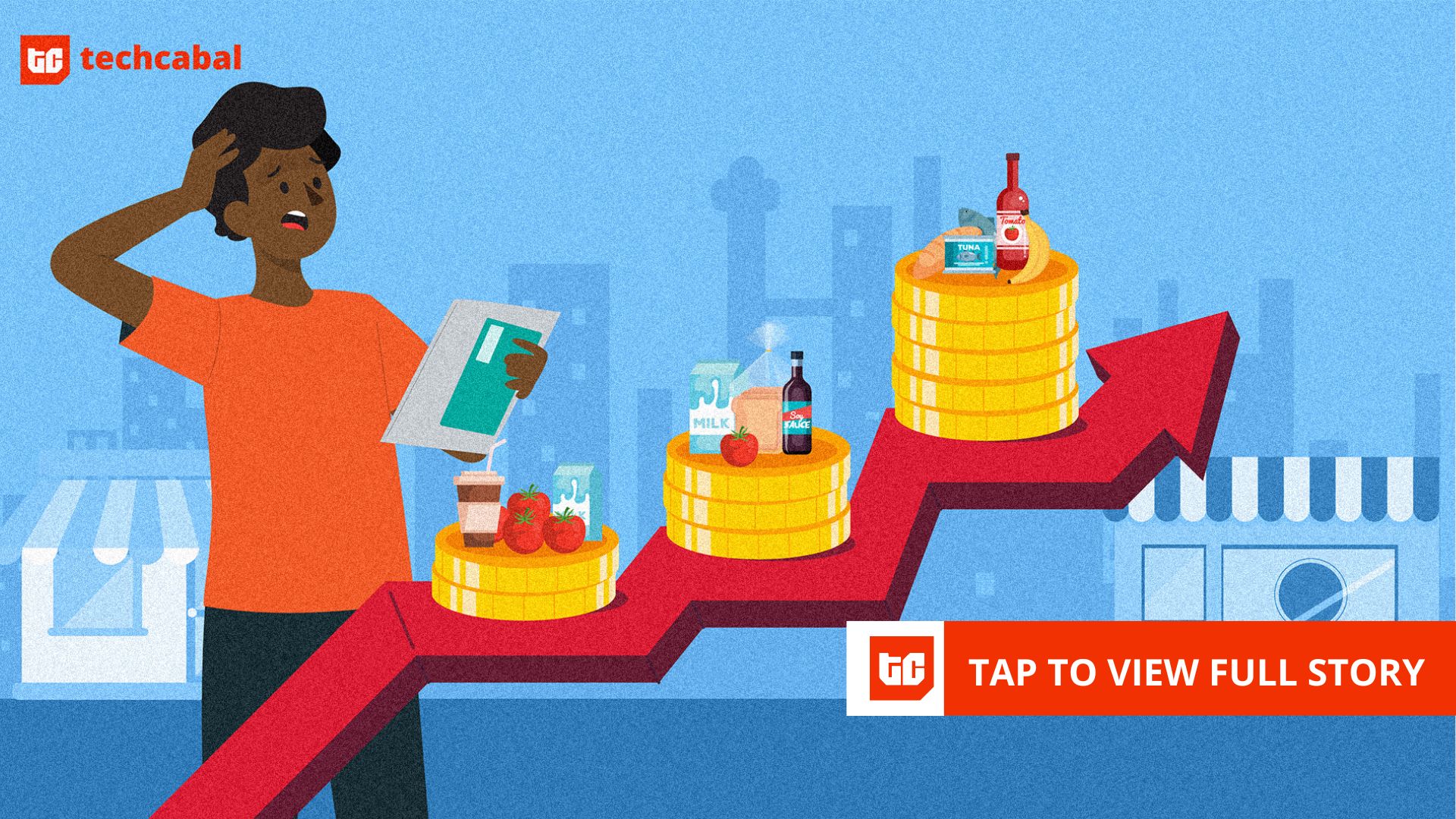If you ask me, the most interesting panel at ’s Moonshot was the panel on food delivery.
During the panel discussion, Kennedy Offor (head of business development at Chowdeck), Yinka Adewuyi (founder of GoLemon, an increasingly popular grocery delivery startup), and Guy Futi (founder of Orda, a food ordering software provider) spoke about the market opportunity in food delivery. They also spoke about sustainable business models that maximise revenue in this market.
Futi, who previously worked for Jumia Food Nigeria when the platform was processing a mere 300 orders daily, gained valuable insights while scaling it to 10,000. Hardened by those lessons, Futi now believes that software is the key to profitability. This conviction led him to found Orda, a software provider for restaurants, and a business unburdened by the decreasing purchasing power of consumers and the unpredictability and high cost of logistics necessary to deliver food door to door.
Offor, who has co-led Chowdeck to partner with thousands of restaurants across eight markets and to serve one million users, believes the key to profitability lies in speed and a symbiotic relationship with restaurants. Chowdeck has built a reputation for delivering food and groceries within 40 minutes, half the time it took predecessors like Jumia Food, Bolt Food, and OFood. The startup has also rapidly onboarded popular restaurants and claims to collaborate with them to increase their production capacity, expand to other locations and consequently, the number of orders on the platform.
On the other hand, Yinka, the founder of GoLemon, established over a year ago, believes it’s about prioritising the right elements. According to him, in the food delivery sector, there’s a triangle from which businesses must choose only two of three factors to centre their business models around: speed, price, or quality. For his grocery business, he has chosen to de-emphasise speed and has found that focusing on price and quality offers a valuable proposition.
The company promises to deliver high-quality groceries at below-market prices, but customers must wait two days for their orders. This makes sense for its customers who typically order in bulk but don’t need to use it instantly and can afford to wait a day or two for delivery.
Only time will tell which models find profitability first.



/cdn.vox-cdn.com/uploads/chorus_asset/file/25047547/236883_Epic_Vs_Google_B_CVirginia.jpg)






